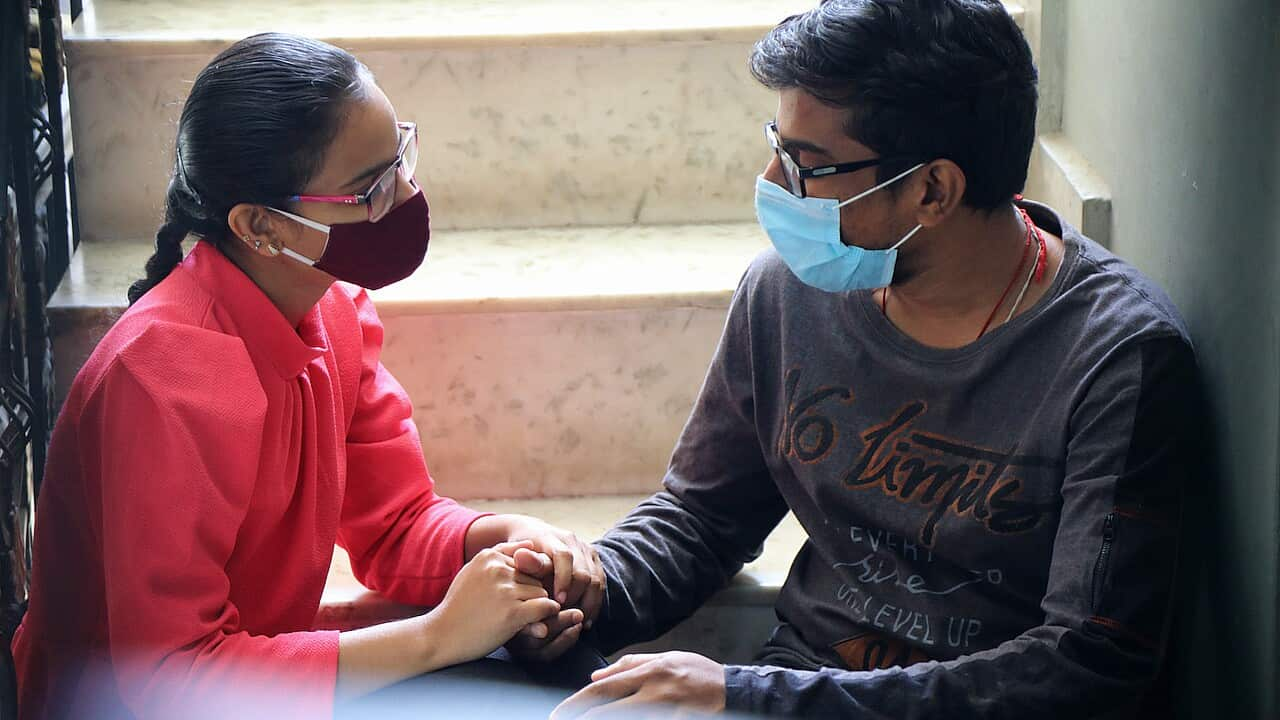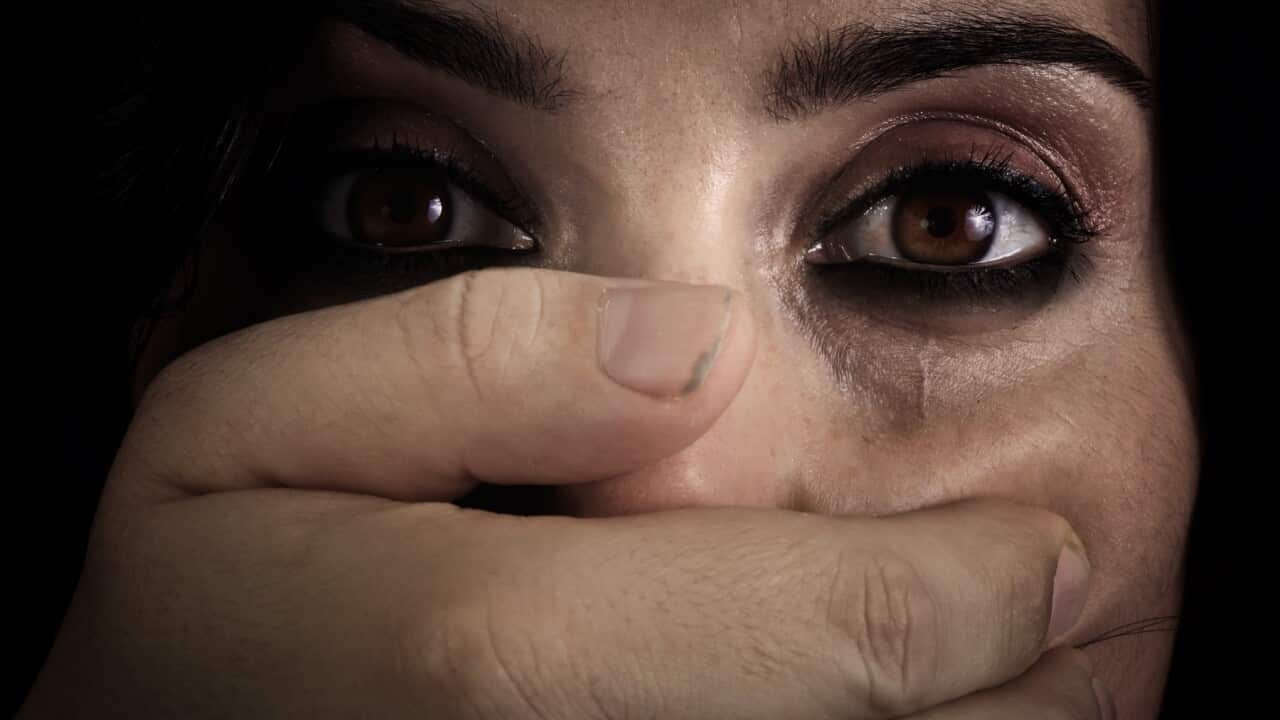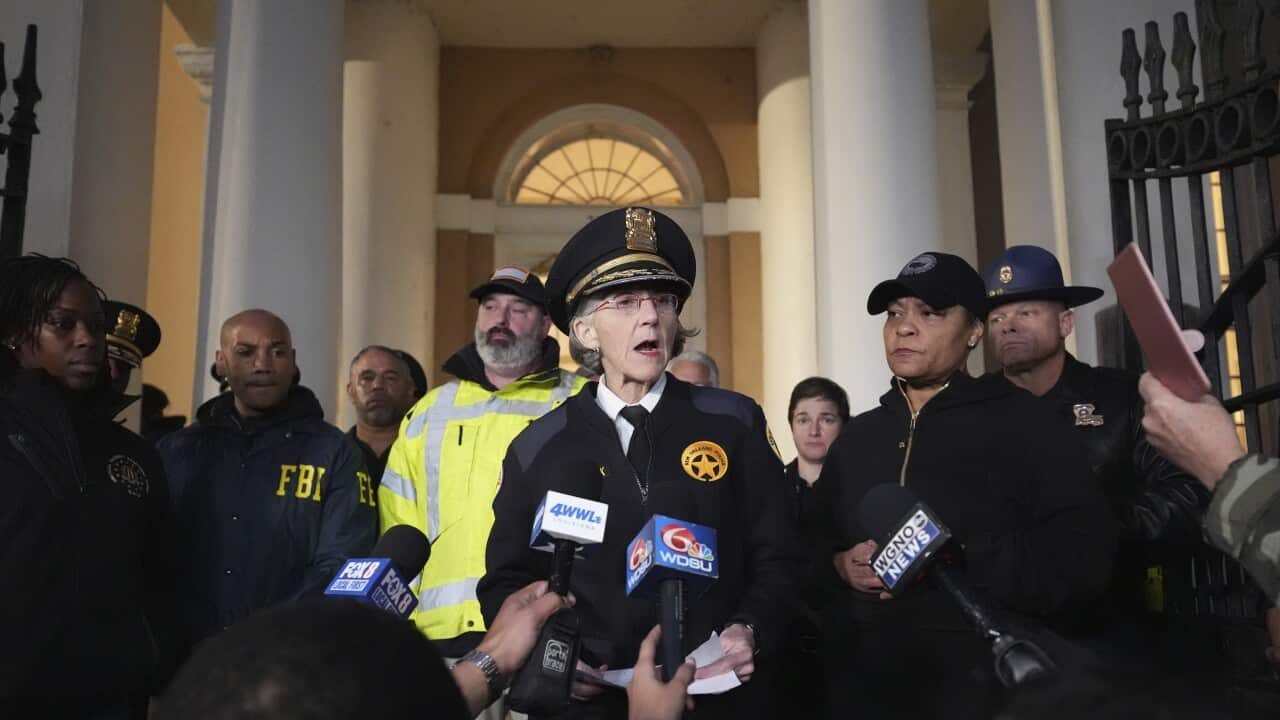English
Behind the caged doors of an emergency crisis shelter, these two are in love, and on the run from their own families.
One is a Muslim, the other a Hindu.
When they told their parents they planned to marry, they were each locked in their homes for nearly a month.
Abdul says they ran away as soon as they could.
“Still they are searching for us and they are still thinking to separate us. Again they will house arrest me and they will house arrest us. In her home, they will forcibly marry her to another person”.
They are young educated, IT professionals who should have the world at their feet.
Instead, they can’t show their faces or give their real names, because they’re worried they could be attacked by strangers for marrying outside of their religions.
Smriti says her family rejected their marriage:
“I was trying to convince my family. But they wouldn’t listen because as a couple, we are both Hindu and Muslim. My parents made me promise that I would not speak with him anymore. Because the marriage was not acceptable.”
The caged doors are for their own safety.
While interfaith marriages in India are extremely rare, they’re increasingly being exploited by extremists.
Hindu nationalists have promoted the baseless conspiracy theory of ‘Love Jihad’, the belief that Muslim men are marrying Hindu women for the sole purpose of converting them to Islam.
Asif Iqbal is the co-founder of Dhanak of Humanity, an NGO that helps interfaith couples.
“The moment the family comes to know about it, they will put the girl under house arrest, confiscate her phone, stop education and forcefully get her married to someone else.”
While there is no evidence to support the conspiracy, at least 11 states in India have introduced laws to allow people to report allegations of love jihad to police.
Asif Iqbal says the 'dangerous conspiracy' theory is rapidly becoming mainstream.
“Earlier it was family and society that was stopping it. Now when the state governments have come with new laws, because these families are saying that what they were thinking is correct. The government is endorsing their view”.
In Haryana, Dheeraj Shukla is trying to use new laws introduced by the state Bharatiya Janata Party government in 2022, to end the marriage of his daughter to a Muslim man.
He’s registered a criminal complaint against his daughter, his son-in-law and the man’s family.
“This is what they want. They lure Hindu girls into Islam any way they can, target them to reduce the population.”
While local police say there is no evidence Dheeraj’s daughter is being held against her will, he says he won’t speak with her again unless she renounces the marriage and returns to her family’s religion.
“People should marry in their own religions and stay in their own castes. They should not do anything that creates conflict”.
Families calling the police on their own children is a scary scenario, but the punishment for falling in love outside of religion can be far worse.
Human rights organisations say safe houses are the only places young people can go to when their families and the law fail them.
In 2018, India’s Supreme Court issued a direction to all state governments to establish safe houses and special cells for interfaith and intercaste couples, but human rights organisations say most states still don’t have them.
The Dhanak foundation in New Delhi is an NGO that receives couples on the run from neighbouring states.
But its founder Asif Iqbal says government run safe houses are urgently needed to deal with rising case numbers and the threat of violence.
“In our experience of other states, its extremely dangerous. We are scared. The vigilantes are very strong, and they will manage to get hold of her./ In Delhi we have managed, and we are trying to replicate in other states. It is a difficult task but we think it is essential to have safe spaces”.
Italian
Dietro le inferriate di un rifugio di emergenza, questi due sono innamorati, e stanno scappando dalle rispettive famiglie.
Lui è musulmano, e lei è hindu.
Quando hanno detto ai loro genitori che avevano intenzione di sposarsi, sono stati entrambi rinchiusi in casa per circa un mese.
Abdul ha detto che sono scappati appena hanno potuto.
“Still they are searching for us and they are still thinking to separate us. Again they will house arrest me and they will house arrest us. In her home, they will forcibly marry her to another person”.
Sono dei ragazzi istruiti, professionisti informatici che dovrebbero avere il mondo ai propri piedi.
Invece, non possono mostrare le loro facce o fornire il loro vero nome, perché hanno paura di venir attaccati da sconosciuti per essersi sposati al di fuori delle loro religioni.
Smriti ha detto che la sua famiglia ha rifiutato il loro matrimonio:
“I was trying to convince my family. But they wouldn’t listen because as a couple, we are both Hindu and Muslim. My parents made me promise that I would not speak with him anymore. Because the marriage was not acceptable.”
Le inferriate sono lì per la loro sicurezza.
Sebbene i matrimoni interreligiosi in India siano molto rari, stanno venendo progressivamente strumentalizzati dagli estremisti.
I nazionalisti Hindu hanno diffuso l’infondata teoria cospirazionista del ‘Love Jihad’, la credenza che gli uomini musulmani stiano sposando donne hindu per il solo scopo di convertirle all’Islam.
Asif Iqbal è il cofondatore di Dhanak of Humanity, una ONG che assiste le coppie interreligiose.
“The moment the family comes to know about it, they will put the girl under house arrest, confiscate her phone, stop education and forcefully get her married to someone else.”
Nonostante non ci siano prove a supporto della cospirazione, almeno 11 Stati in India hanno introdotto leggi per permettere alle persone di presentare denunce di “Love Jihad” alla polizia.
Asif Iqbal ha detto che la ‘pericolosa teoria cospirazionista’ sta rapidamente diventando comune.
“Earlier it was family and society that was stopping it. Now when the state governments have come with new laws, because these families are saying that what they were thinking is correct. The government is endorsing their view”.
A Haryana, Dheeraj Shukla sta tentando di usufruire delle nuove leggi introdotte nel 2022 dal governo statale del Partito Bharatiya Janata, per porre fine al matrimonio di sua figlia con un uomo musulmano.
Dheeraj ha formalizzato una denuncia penale contro sua figlia, suo genero e la famiglia di lui.
“This is what they want. They lure Hindu girls into Islam any way they can, target them to reduce the population.”
Sebbene la polizia locale abbia ammesso che non ci siano prove che la figlia sia trattenuta contro la sua volontà, Dheeraj ha detto che non le parlerà più, a meno che non rinunci al matrimonio e torni alla religione della sua famiglia.
“People should marry in their own religions and stay in their own castes. They should not do anything that creates conflict”.
Quello delle famiglie che denunciano i propri figli è uno scenario spaventoso, ma la punizione per essersi innamorati al di fuori della religione può essere ben peggiore.
Le organizzazioni per i diritti umani sostengono che le residenze protette sono i soli posti dove i giovani possono andare quando le loro famiglie e la legge li abbandonano.
Nel 2018, la Corte Suprema Indiana ha impartito la direttiva a tutti i governi statali di realizzare rifugi e celle speciali per coppie interreligiose e inter-casta, ma le organizzazioni per i diritti umani dicono che molti Stati ancora non ne hanno.
La Fondazione Dhanak di Nuova Delhi è una ONG che accoglie coppie in fuga dagli Stati vicini.
Ma il suo fondatore Asif Iqbal ha detto che le residenze protette governative sono urgentemente necessarie per far fronte ai numeri in aumento dei casi e alle minacce di violenza.
“In our experience of other states, its extremely dangerous. We are scared. The vigilantes are very strong, and they will manage to get hold of her./ In Delhi we have managed, and we are trying to replicate in other states. It is a difficult task but we think it is essential to have safe spaces”.




